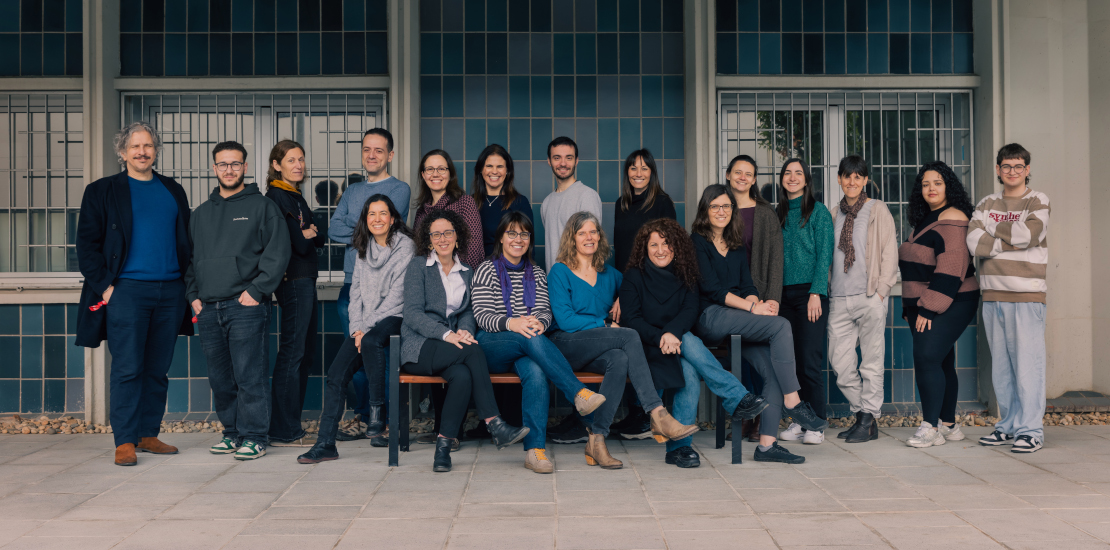The Infections and Cancer units primarily study infection-attributable cancers and their related pathogens.
The Unit of Information and Interventions (UNIC II) has long-standing expertise in the prevention of HPV infections and cervical cancer. It facilitates information for decision-making bodies and enables public health interventions both nationally and internationally. UNIC II is recognised for conducting high-quality research to improve the prevention of cancers associated with HPV infection.
At the local level, UNIC II is working on the organisation and implementation of the new population-based HPV Screening Programme in Catalonia, the quality assessment and impact evaluation of the Catalan HPV Prevention Plan, and the development of modelling studies for the economic evaluation of different cancer prevention interventions.
At the global level, UNIC II is actively involved in the WHO's Global Strategy to Accelerate the Elimination of Cervical Cancer, including monitoring of HPV infection, HPV vaccination and cervical cancer screening strategies worldwide.
In summary, UNIC II's main areas of expertise are HPV epidemiology, HPV vaccines, cervical cancer screening, implementation and monitoring, mathematical modelling of HPV prevention, and training for healthcare professionals on HPV and cervical cancer.

